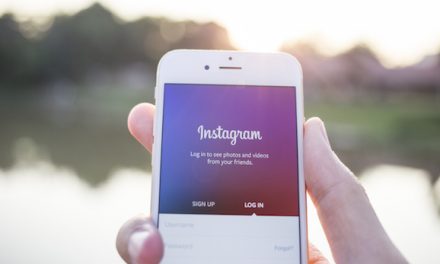Phone Phubbing Could Ruin Your Relationships
 Remember when the term “ghosting” started to circulate around? It’s the act of someone ending a relationship with another person, without any explanation and cutting off all communication.
Remember when the term “ghosting” started to circulate around? It’s the act of someone ending a relationship with another person, without any explanation and cutting off all communication.
But the interesting thing about the action of ghosting someone was, more times than not, people were being ghosted via their cell phone.
We give the little smart devices so much merit in our lives, and they have quickly become the main tool for socialization.
Instead of people meeting face to face, they FaceTime. Instead of catching up with a friend via a phone call, people elect to text.
Now there is a new term being coined and researchers say this one can be just as socially damaging as ghosting. It’s called “phubbing,” and it’s the action of someone physically being with a person but not paying any attention to them because they are on their phone.
Think about when you go out to lunch with that one person who is physically there with you, but not mentally there with you. They spend the whole hour checking Instagram, posting their plate of food on Facebook, and texting someone else.
That’s the action of phone phubbing someone, and roughly 70 percent of people say phone phubbing has hurt their romantic relationships and interactions with their partner, according to a study conducted by Daily Mail.
In the study, 175 adults were asked a series of questions that measured how the participant felt when they were being phubbed by their partner.
And not only were people ranking phubbing as a main reason for feeling a disconnect in their romantic relationships, they also said smartphones are a source of conflict in their daily personal life.
The study found that smartphones were one of the main contributors for stress in a relationship, ranking just as high as money, kids, and a unsatisfying sex life.
But the idea that smartphones might be making the population less social isn’t a new theory.
Researchers have long suggested that prolonged smartphone use can cause antisocial behavior, a delay in social skill development, and the inability to learn how to connect with someone face to face.
Doctors have even suggested parents limit the amount of time young children under 7 years old spend on devices such as iPads and smartphones, saying it could contribute to speech delays.
Yes, electronic devices play a major role in many people’s lives, but to what extent are we replacing people and social interactions with apps and a digital life?
So the next time you are enjoying lunch with a friend, actually enjoy the lunch and put down the phone. It will be there, with all the notifications, when you are done.
















